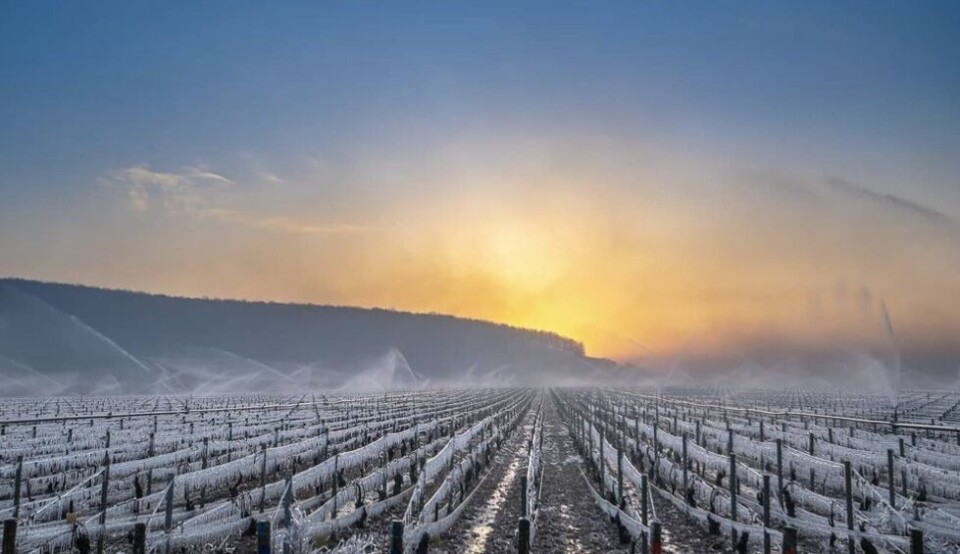-
Why your car insurance in France is expected to increase this year
Premiums are forecast to rise by four to six percent in 2026
-
Two Britons killed in avalanche in French Alps were with an instructor
French skier also died in the disaster at Val d’Isère on Friday February 13
-
British Airways launches bargain £2 flights to France (but there’s a catch)
The flights are only available to members of the airline’s Avios scheme who are redeeming loyalty points
France declares ‘calamité agricole’ after record cold: What is it?
The emergency support comes after freezing weather caused significant damage to crops

Farmers across France will receive government support after the agriculture minister acknowledged the damage the cold had wreaked on crops; with the cold snap set to continue across the country.
Minister of Agriculture Julien Denormandie confirmed a state of “calamité agricole” - or farming disaster - yesterday (April 8), to acknowledge the damage that many farmers had suffered to their crops as a result of the freezing weather.
He told FranceInfo: “[We confirm] the implementation of what we call the calamité agricole scheme
What does that mean?
Normally, a calamité agricole is uninsurable.
But the government recognition and official definition of the situation means that it has committed to providing financial aid as compensation to the farmers and producers affected, as well as ensuring that insurers and banks will also cooperate.
Those affected will now also have access to compensation from the national agriculture risk fund, le Fonds national de gestion des risques en agriculture (FNGRA).
An official calamité agricole must be recognised by authorities before funds from insurers and other sources can be released.
In France, the situation is most often declared due to drought, but this time it has been confirmed due to unseasonably cold temperatures, especially at night.
Mr Denormandie also said that the government had called on insurance companies to confirm their cooperation and support, as well as bankers and lenders.
He said: “We are organising a total emergency response so that support measures can be put in place as quickly as possible to ensure that no one is left behind.”
He said that the amount had not yet been finalised, but that it would depend on the losses incurred. These might apply to a loss of harvest, drop in production, or a loss of earnings leading to a drop in production ability.
Farmers can declare their losses online or on paper forms. The government website explains the process in more detail here.
Mr Denormandie also said: “Unfortunately, we are expecting new freezes in the next few days to which we will be paying great attention, so the bill could rise. The situation is already very difficult.”
What temperatures are we talking about?
From Monday April 5, temperatures in some areas of France dropped suddenly to around 7C below the usual average.
Wednesday April 7 was one of the coldest April days since 1930.
Record cold snap in France: How unusual is it and is it over?
Even in the south, temperatures dropped below freezing overnight on Tuesday and Wednesday. Low temperature records for April were broken in Gourdon in Lot, at -4.8C; Montauban in Tarn-et-Garonne (-2.1C); and in Nîmes in Gard (-0.7C).
Winemakers and fruit growers have been particularly affected.
Géry Combaud, director of 420-hectare cognac producers les Domaines Boinaud in Angeac-Champagne, Charente, told SudOuest: "Watch out, our fight is not over. The problem is that there will be rain this weekend. With wet soil, zero degrees can be fatal for our vines.”
He said: “Some people are talking about 15-20% of their vines being affected by this drop in temperature. I will not speculate. We will need to inspect our vines to see if any of our buds have gone from green to grey, which is a sign that low temperatures have really damaged the plant.
“We will know at the point of flowering, at the end of May and early June, if this climate episode has really had an effect on our production.”
Related stories
French winemakers use fire and tea to protect vines amid record cold
Cold weather in France: How to protect flowering fruit trees
























